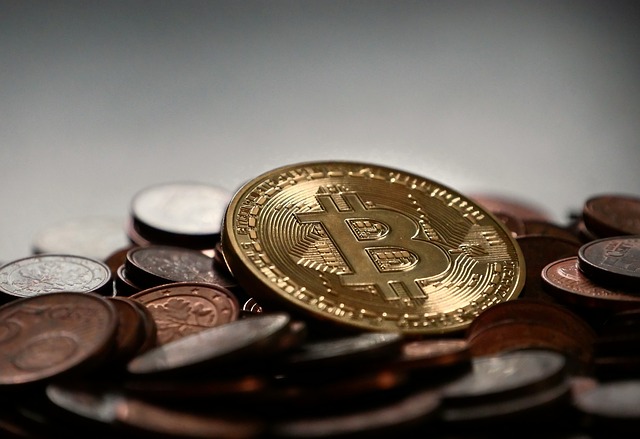Bitcoin’s Role in the Global Financial Ecosystem
The global financial ecosystem has undergone significant transformations in recent years, with the rise of digital currencies like Bitcoin. While some view it as a fleeting trend, others see it as a fundamental shift in the way we think about money and finance. In this article, we’ll explore Bitcoin’s role in the global financial ecosystem, examining its potential benefits and drawbacks.
For those new to the world of cryptocurrency, Bitcoin is a decentralized digital currency that allows for peer-to-peer transactions without the need for intermediaries like banks. It was created in 2009 by an individual or group using the pseudonym Satoshi Nakamoto, and has since become one of the most widely recognized and traded cryptocurrencies globally.
So, how does Bitcoin fit into the global financial ecosystem? On one hand, it offers several benefits that traditional fiat currencies can’t match. For example, Bitcoin is decentralized, meaning that transactions are recorded on a public ledger called the blockchain, which is maintained by a network of computers around the world. This decentralization allows for faster and more secure transactions than traditional payment systems.
Bitcoin also offers greater flexibility and accessibility than traditional currencies. It can be easily transferred across borders without the need for exchange rates or conversion fees, making it an attractive option for international trade and commerce. Additionally, Bitcoin’s limited supply (there will only ever be 21 million Bitcoins in existence) makes it a more stable store of value than traditional fiat currencies, which are often printed in large quantities by central banks.
However, Bitcoin also has several drawbacks that limit its adoption as a mainstream financial instrument. For example, its volatility can make it difficult to use as a reliable store of value or medium of exchange. The price of Bitcoin can fluctuate wildly in response to factors like supply and demand, speculation, and regulatory changes.
Another challenge facing Bitcoin is scalability. While the blockchain technology underlying Bitcoin is incredibly powerful, it is not designed to handle the volume of transactions that a fully functional currency would require. This limits its ability to process high volumes of transactions quickly and efficiently, making it less suitable for widespread adoption as a payment method.
Despite these challenges, many experts believe that Bitcoin has the potential to play a major role in the global financial ecosystem. As the world becomes increasingly digital, more people are turning to online payment systems and cryptocurrencies like Bitcoin to make transactions faster and cheaper than traditional methods.
In fact, several major companies are already exploring ways to integrate Bitcoin into their operations. For example, Microsoft has announced that it will accept Bitcoin as a form of payment for its products and services, while Starbucks has begun accepting Bitcoin as a payment method in some of its stores.
Government regulators are also taking notice of Bitcoin’s potential impact on the global financial ecosystem. In recent years, several countries have established regulatory frameworks to govern the use of cryptocurrencies like Bitcoin. These regulations aim to balance the need for financial stability and security with the benefits of innovation and entrepreneurship that cryptocurrencies represent.
In conclusion, while Bitcoin is not yet widely adopted as a mainstream financial instrument, it has the potential to play a major role in the global financial ecosystem. Its decentralized nature, flexibility, and limited supply make it an attractive option for international trade and commerce, while its volatility and scalability challenges limit its widespread adoption. As the world continues to evolve and become increasingly digital, we can expect to see more innovative uses of blockchain technology like Bitcoin emerge.
**Tags:** Bitcoin Global Financial Ecosystem Blockchain Cryptocurrency Decentralization Digital Payments Financial Innovation Regulatory Frameworks



